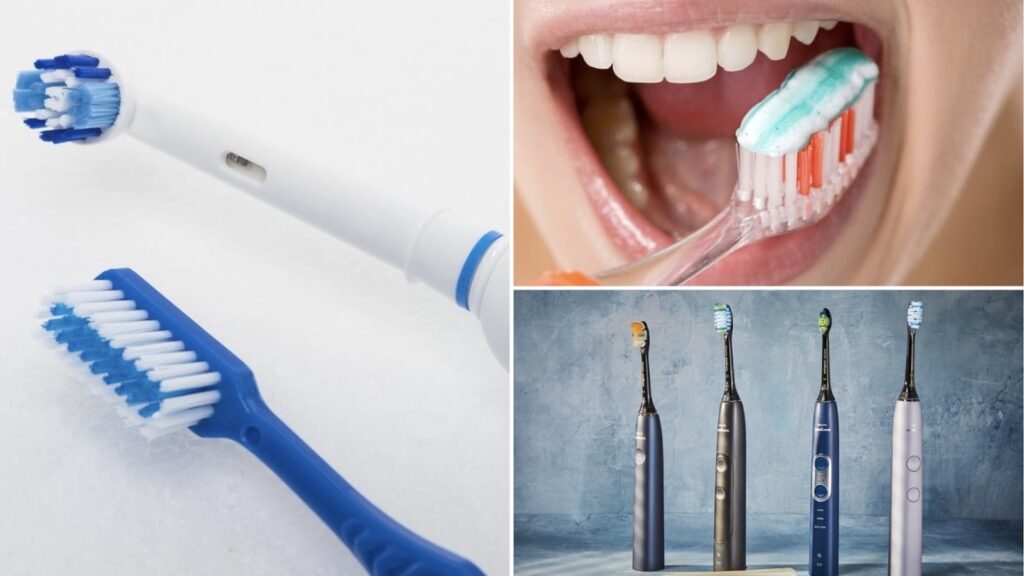Trying to decide between an electric vs. manual toothbrush? You’re not alone in this one. With so many choices out there, it’s easy to feel like you’re standing in the toothbrush aisle, wondering which one is going to give you that fresh, minty-clean feeling.
Dentists have their thoughts, and they’re all about what works best for your teeth. Here’s the lowdown to help you figure out which toothbrush is your best match.
Electric vs. Manual Toothbrush: The Basics
Okay, let’s break it down. At first glance, a toothbrush is a toothbrush, right? But when you stack electric vs. manual, they’re a little like apples and oranges. A manual toothbrush is a simple, classic tool—you’re the one doing all the work, moving it around to scrub your teeth.
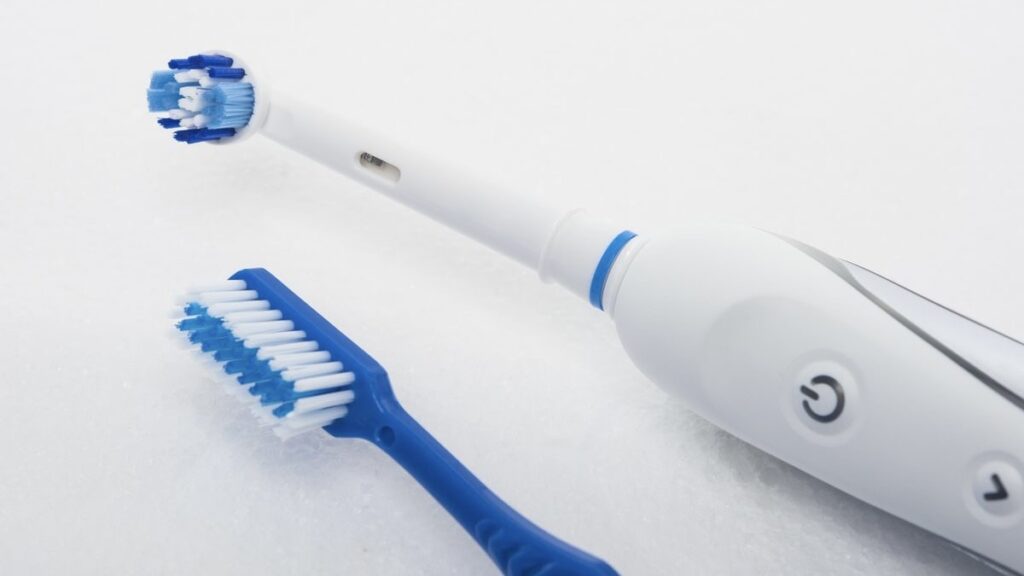
With an electric toothbrush, however, you’ve got a battery-powered sidekick doing the heavy lifting. Just hold it in place, and it’ll do its thing. Easy, right?
Why Dentists Dig Electric Toothbrushes
Now, here’s why dentists love electric toothbrushes: they’re kind of like a personal trainer for your teeth. They help you brush your teeth at the right speed, with the right pressure, without you having to think twice about it. Plus, they come with timers that remind you to brush for the full two minutes. If you’re someone who has a hard time with wrist mobility, electric brushes are a game-changer because they handle the hard work for you.
The Flip Side: Disadvantages of Electric Toothbrushes
Electric toothbrushes, while awesome, have their own set of downsides. The first one? Price. They can cost a bit more upfront, and let’s not even talk about those replacement brush heads that’ll burn a hole in your wallet over time.
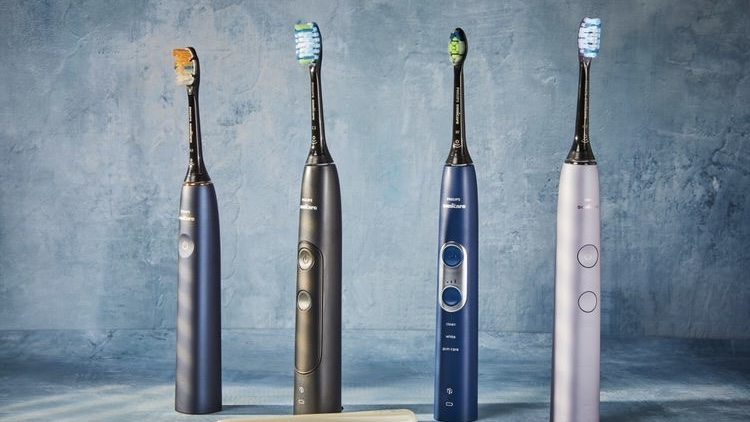
Don’t forget you’ve got to charge them or swap out batteries—talk about low-key annoying, especially if you’re running late. Some folks also find them bulky, so traveling with them can feel like packing an extra carry-on. But hey, if you want to level up your brushing game, these things might be worth the hassle.
Manual Toothbrush: Old School, But Still Gold
Now, if you’re not ready to make the electric leap, don’t sweat it. Manual toothbrushes still have their place, and for a lot of people, they’re the OG toothbrush choice. No batteries, no charging—you just pick it up, brush, and go. If you’ve mastered the art of brushing your teeth properly (and kudos to you if you have), a manual toothbrush can get the job done. They’re also small, portable, and perfect for those last-minute trips where space is tight. Plus, your wallet will thank you because they’re way cheaper.
Better Technique With Electric Toothbrushes
Here’s something electric toothbrushes do that’s pretty cool: they help you improve your brushing technique. Let’s be real—a lot of us don’t brush our teeth the right way. With electric brushes, it’s harder to mess up. They move with the perfect amount of pressure and speed, so you don’t have to guess if you’re doing it right.
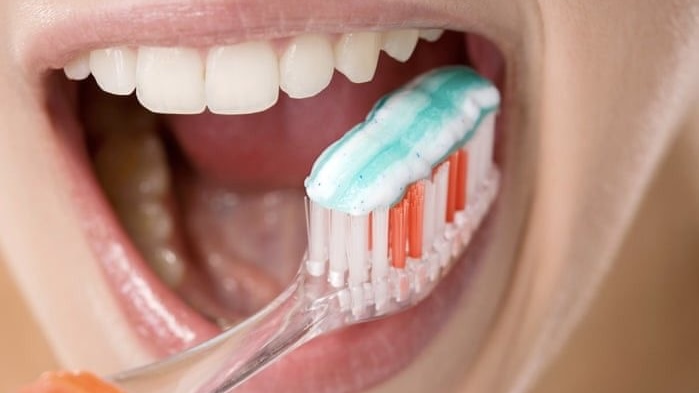
Some of them even have pressure sensors that beep if you’re brushing too hard, which is a lifesaver for your gums. If you struggle to keep a consistent brushing motion, electric brushes make it easy.
Oral Hygiene: What’s the Deal With Electric Toothbrushes?
If you’re all about that deep clean, an electric toothbrush might be your best friend. These bad boys pack a punch, delivering thousands of brush strokes per minute, making them way more efficient at clearing away plaque and food particles than manual brushes. Dentists often say that electric brushes do a better job of reducing plaque buildup and gum inflammation. Sure, a manual toothbrush can still keep your oral hygiene at its best.
Keeping Your Toothbrush Clean: Disinfecting Made Easy
We all know that keeping our toothbrushes clean is important, but then again, it’s easy to forget. Electric toothbrushes tend to make this easier because some of them come with nifty features like UV sanitizers that keep the germs at bay.
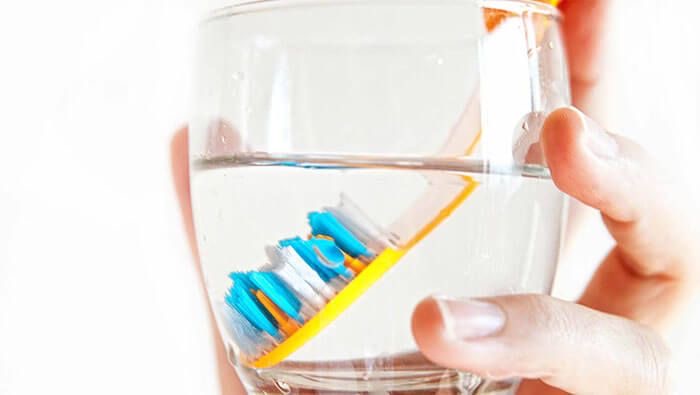
Manual toothbrushes? Not so much. You have to put in a little more effort here—rinsing it off after each use is a good start, but disinfecting toothbrushes in antibacterial solution often is a good idea too. After all, a clean brush is a happy brush.
Electric or Manual? Which One’s Right for You?
So, here’s the million-dollar question: electric vs. manual—which is the better choice? It boils down to your personal preferences. If you’re someone who struggles with maintaining a solid morning or night brushing routine or you have issues with dexterity, the electric toothbrush could make all the difference. If you’re more of a minimalist or just looking for something easy and affordable, a manual toothbrush can still do the trick. Bottom line: pick what works for you, and ensure you’re brushing your teeth properly.
Wrapping It Up
Whether you go for an electric or manual toothbrush, the most important thing is that you’re brushing regularly and with the right technique. Both types of brushes have their perks, so it’s about choosing the one that fits your needs.
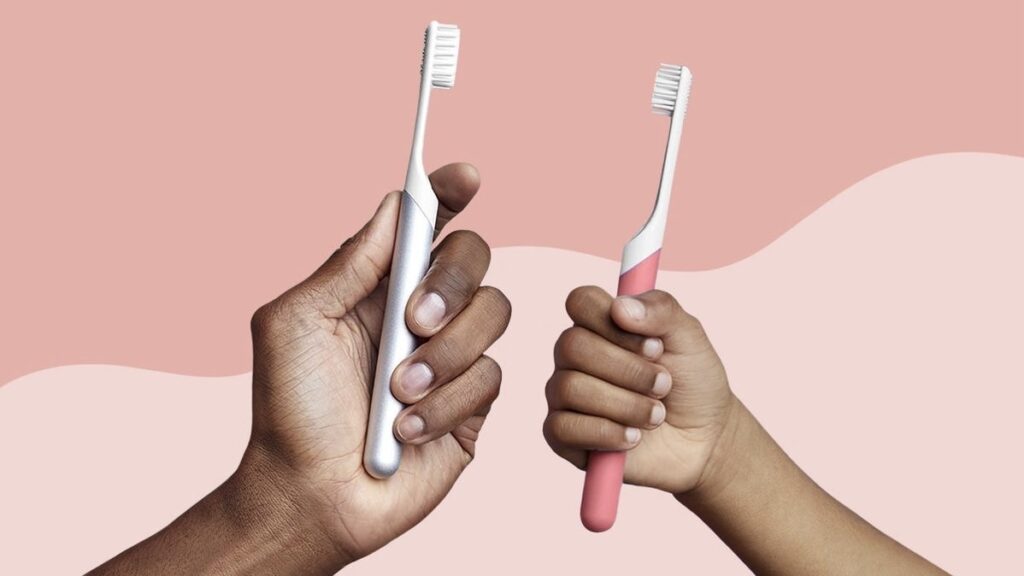
Electric toothbrushes can help with brushing technique and your overall dental care, while manual ones keep things simple and cost-effective. Whatever you choose, remember: healthy teeth are happy teeth.
